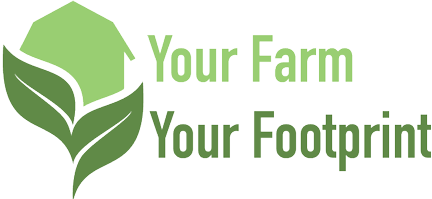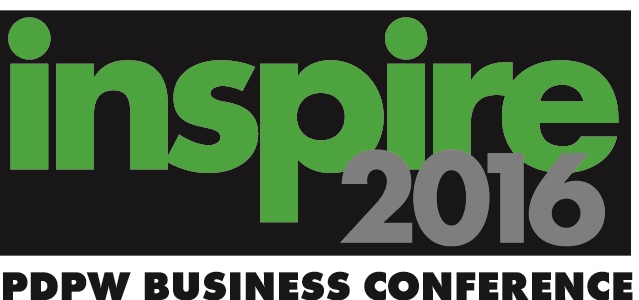News & Media
Healthy Calves are Vital to Creating Healthy Profits
March 16, 2016
FOR IMMEDIATE RELEASE
Contact: Shelly Mayer
800-947-7379
mail@pdpw.org
* Media Release Package (speaker photos, program flyer, etc.)
What happens in the first six hours of a calf's life can impact how that animal produces well into her days as a milk cow. That's according to Dr. Daryl Nydam, DVM, an associate professor at the College of Veterinary Medicine at Cornell University. During a workshop at the Professional Dairy Producers of Wisconsin annual business conference, he explained that calves that consume colostrum shortly after birth do better than those that drink straight milk or milk replacer.
“Passive transfer is essential to the health and well-being of the newborn calf,” Dr. Nydam said. “Giving adequate amounts of high quality, clean colostrum in a timely fashion is critical to minimizing neonatal disease and maximizing growth. This is even more critical in group housed situations.”
Studies indicate that the Immunoglobulins (IgG) contained in colostrum will not only help that calf's immunity prior to weaning, but also leads to other health benefits as a lactating cow.
Nydam adds that conventional milk replacer feeding programs provide little energy for maintaining body temperature, building immunity, and growth--particularly when intestinal infections with organisms such as Cryptosporidiuma represent.
“If you do need to feed milk replacer, be sure to know that the feeding instructions located on the bag are based on a diet that also includes calf starter in its ration,” he notes. “Chances are your calf is not eating palatable food in the first weeks of life, so one cup of powder is not going to be enough to give that calf a 1.5 pound daily rate of gain.”
Meanwhile, nutrition is not the only component to raising healthy dairy replacements. Providing a dry and comfortable environment can be equally important.
“A proper feeding program and adequate housing helps reduce pathogens, which leads to disease resistance,” Nydam points out.
Lastly, he cited research on the importance of how the calf's mother is cared for during pregnancy. Studies show that dry cows on a high energy diet may be at increased risk of developing insulin resistance, and their colostrum volume and IgG concentration might be affected, as well.
FOR IMMEDIATE RELEASE
Contact: Shelly Mayer
800-947-7379
mail@pdpw.org
* Media Release Package (speaker photos, program flyer, etc.)
Healthy Calves are Vital to Creating Healthy Profits
What happens in the first six hours of a calf's life can impact how that animal produces well into her days as a milk cow. That's according to Dr. Daryl Nydam, DVM, an associate professor at the College of Veterinary Medicine at Cornell University. During a workshop at the Professional Dairy Producers of Wisconsin annual business conference, he explained that calves that consume colostrum shortly after birth do better than those that drink straight milk or milk replacer.
“Passive transfer is essential to the health and well-being of the newborn calf,” Dr. Nydam said. “Giving adequate amounts of high quality, clean colostrum in a timely fashion is critical to minimizing neonatal disease and maximizing growth. This is even more critical in group housed situations.”
Studies indicate that the Immunoglobulins (IgG) contained in colostrum will not only help that calf's immunity prior to weaning, but also leads to other health benefits as a lactating cow.
Nydam adds that conventional milk replacer feeding programs provide little energy for maintaining body temperature, building immunity, and growth--particularly when intestinal infections with organisms such as Cryptosporidiuma represent.
“If you do need to feed milk replacer, be sure to know that the feeding instructions located on the bag are based on a diet that also includes calf starter in its ration,” he notes. “Chances are your calf is not eating palatable food in the first weeks of life, so one cup of powder is not going to be enough to give that calf a 1.5 pound daily rate of gain.”
Meanwhile, nutrition is not the only component to raising healthy dairy replacements. Providing a dry and comfortable environment can be equally important.
“A proper feeding program and adequate housing helps reduce pathogens, which leads to disease resistance,” Nydam points out.
Lastly, he cited research on the importance of how the calf's mother is cared for during pregnancy. Studies show that dry cows on a high energy diet may be at increased risk of developing insulin resistance, and their colostrum volume and IgG concentration might be affected, as well.
###






